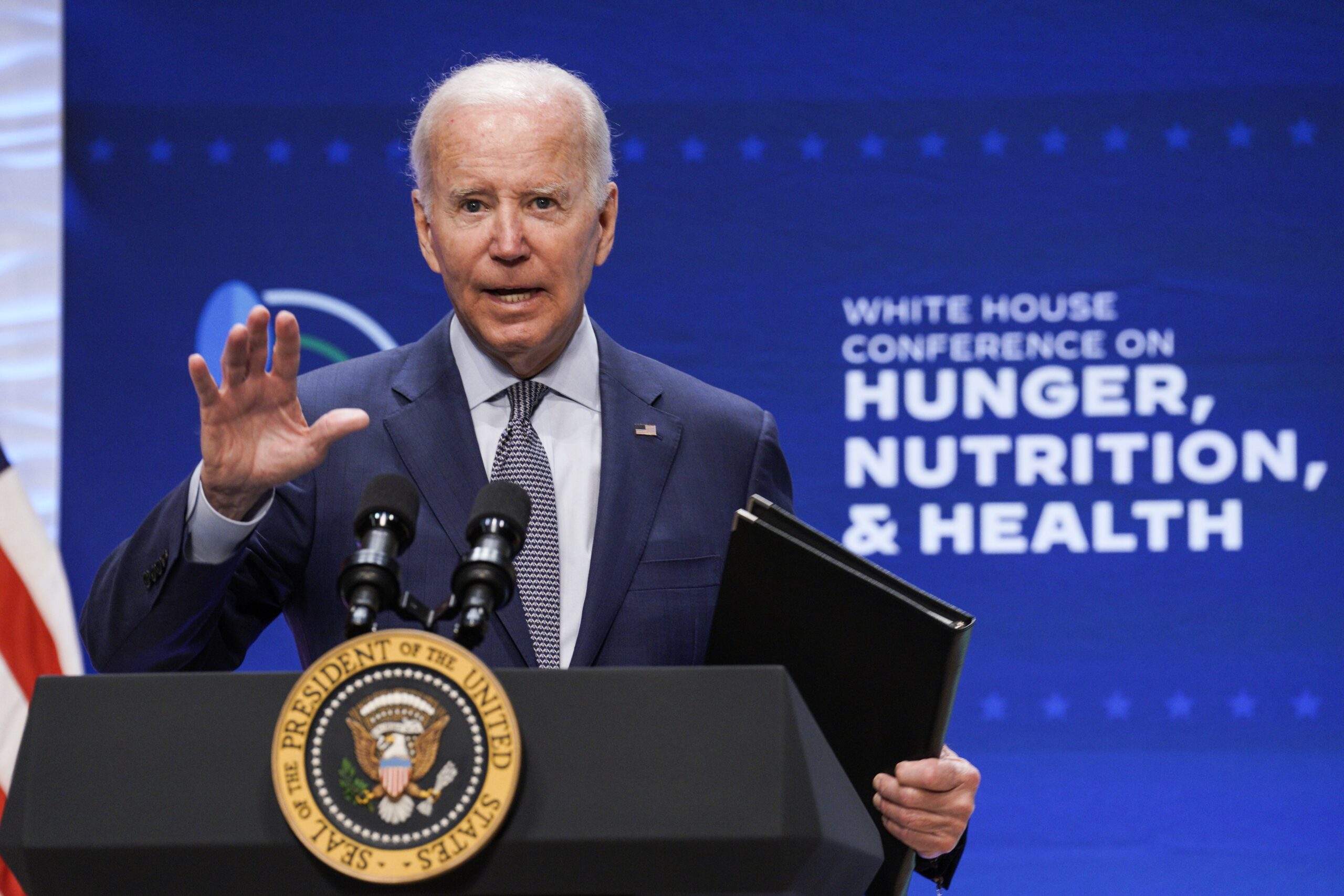In Washington, D.C., the inaugural White House Conference on Hunger, Nutrition, and Health was held, where business executives, organisations, medical institutions, community groups, and officials of the Biden administration addressed food policy and hunger. Organisers are searching for solutions to problems such as food policy, hunger, and improving dietary health. Food business organisations pledged to provide funding, restructure goods, and redesign labelling. Among the major promises from the food business are:
Bowery, an indoor vertical farming firm, plans to form new alliances with hunger-relief organisations. Bowery plans to develop more farms in Texas and Georgia by next year, donating hundreds of pounds of fresh vegetables to local food banks. It will continue to provide products in Maryland, Pennsylvania, and New Jersey.
Chobani, the yoghurt producer, will likewise implement a $15 minimum wage for its employees in order to eliminate hunger among its own staff. It will launch Food Access in Reach (F.A.I.R.): Ending Child Hunger One School at a Time, a nationwide corporate responsibility project to urge corporations to “adopt-a-school” and vow to make it food-and nutrition-secure.
Danone North America will invest $15 million in collaborations with retailers over the next seven years to support evidence-based healthy eating behaviours and diet-related health outcomes. Danone will also invest $7 million in the development and evaluation of scalable community-based impact projects to increase access to nutritious meals.
Dole Packaged Foods will start a 12-month trial initiative in Jackson, Mississippi, this autumn to expand access to fruits and vegetables for up to 24,000 people. Dole intends to expand this experiment to 3 million children and 5,000 Boys & Girls Clubs chapters by 2030.
Tyson Meals will restructure its prepared foods business to increase nutritional value while lowering salt. In addition, the corporation will donate $255 million to anti-hunger organisations. It will invest an additional $20 million in evidence-based nutrition learning initiatives for children and families.
Hormel will provide an amount equal to 70 million meals in cash and goods. Hormel’s first community initiative is in Austin, Minnesota. CEO Jim Snee also contributed $1.5 million to the Baylor Collaborative on Hunger and Poverty Endowed Chair.




